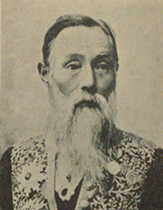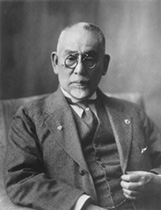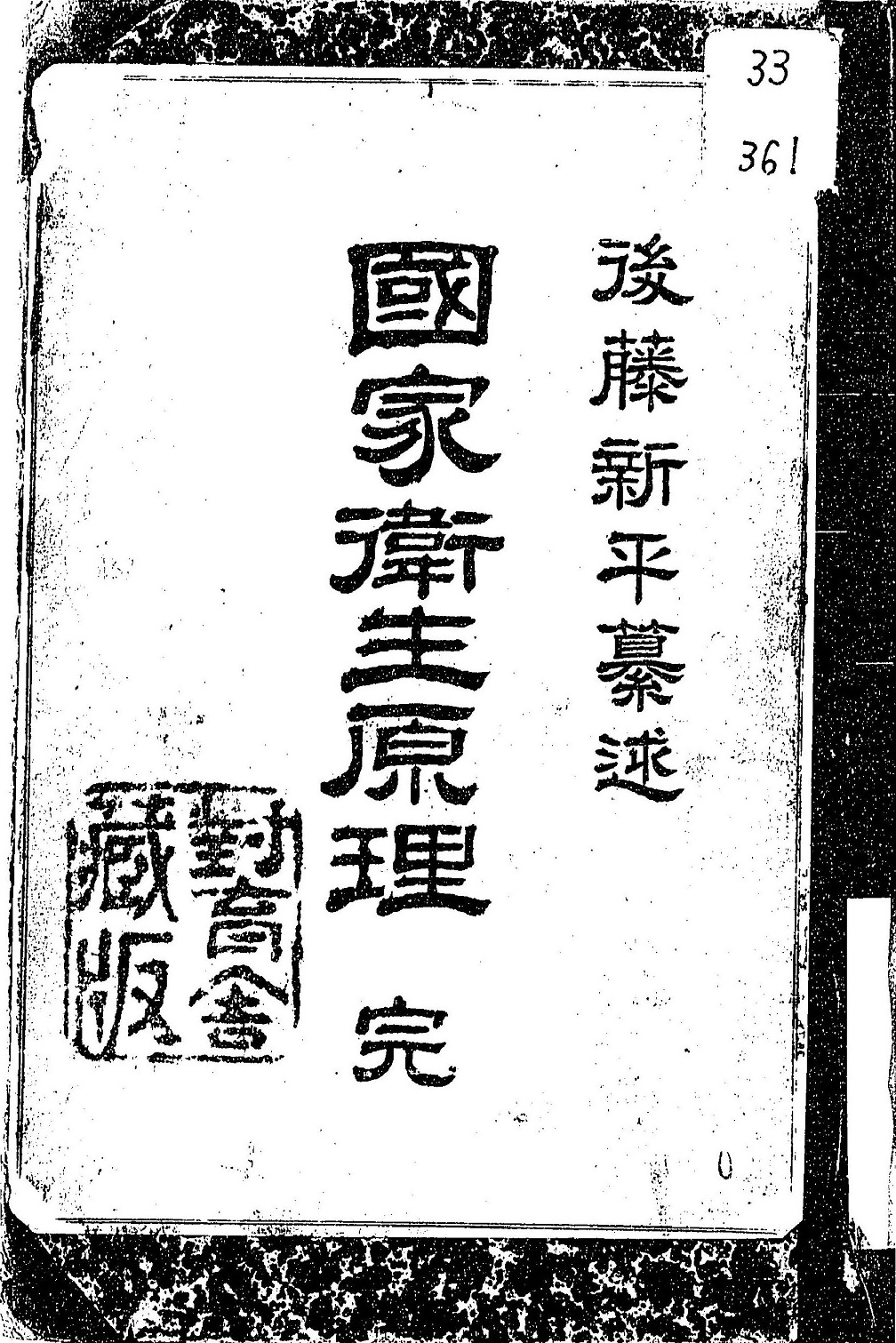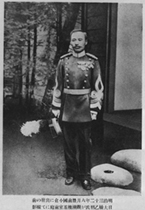People who made a great contribution to public health in the Meiji period
NAGAYO Sensai is said to have brought the concept of hygiene to Japan. He accompanied the Iwakura Mission in 1871 and learned about the existence of administrative organizations responsible for protecting the health of the people in Europe and the United States. After returning to Japan, in 1873 he became the Director-General of the Medical Bureau of the Ministry of Education, and in 1875 he became the first Director-General of the Health Bureau, which was newly established in the Ministry of Home Affairs. Nagayo chose the Japanese name for the concept of hygiene from the Chinese classic Zhuangzi, fitting for a concept that encompasses wellness and health, and became the head of the bureau. In addition to developing laws related to medical care and public health, he also worked to spread the concept of hygiene among the people.
GOTO Shinpei is also famous as a person who worked on public health. He became a doctor at Aichi Prefectural Hospital in 1876, later serving as the hospital’s director, and then joined the Health Bureau of the Ministry of Home Affairs in 1883. In 1889, before studying abroad in Germany, he expressed his thoughts about hygiene in his book Kokka eisei genri (Principles of National Hygiene). In 1892, he became the Director of the Health Bureau, and in 1894 he thoroughly quarantined soldiers who returned from the Sino-Japanese War to prevent the spread of infectious diseases (especially cholera).
The Dainippon Shiritsu Eisei-kai (Japan Association of Hygiene, later the Japan Public Health Association) was established in 1883 as a nongovernmental organization to spread the new concept of hygiene among the people. SANO Tsunetami, the founder of the Japanese Red Cross, was appointed as president, Nagayo as vice president, and Goto as a councilor. Through speeches and lectures, the organization explained in an easy-to-understand manner the necessity of public health and what it entailed, including the pathology of cholera and dysentery, their prevention, and the reasons for and methods of disinfection. These efforts seemed to have had some effect on infectious disease control.
<Past Presidents of the Dainippon Shiritsu Eisei-kai>
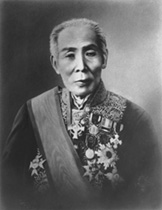
SANO Tsunetami
1823 - 1902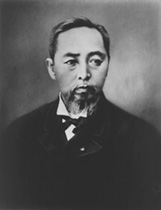
YAMADA Akiyoshi
1844 - 1892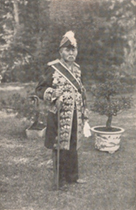
HIJIKATA Hisamoto
1833 - 1918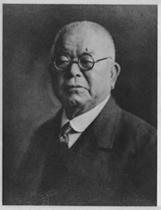
KITASATO Shibasaburo
1853 - 1931
MORI Rintaro (also known as MORI Ogai), a military physician, considered the military to be a model group for maintaining health. He aimed to systematize hygiene to maintain health in the military, where the spread of disease should not be permitted and whose members were strong and well-built. The Army Medical School’s Rikugun eisei kyotei (Army Hygiene Course) (1889), explained about health, medicine, and hygiene in the military, listing topics such as “Water, Air, Land, Climate, Housing … etc.”.
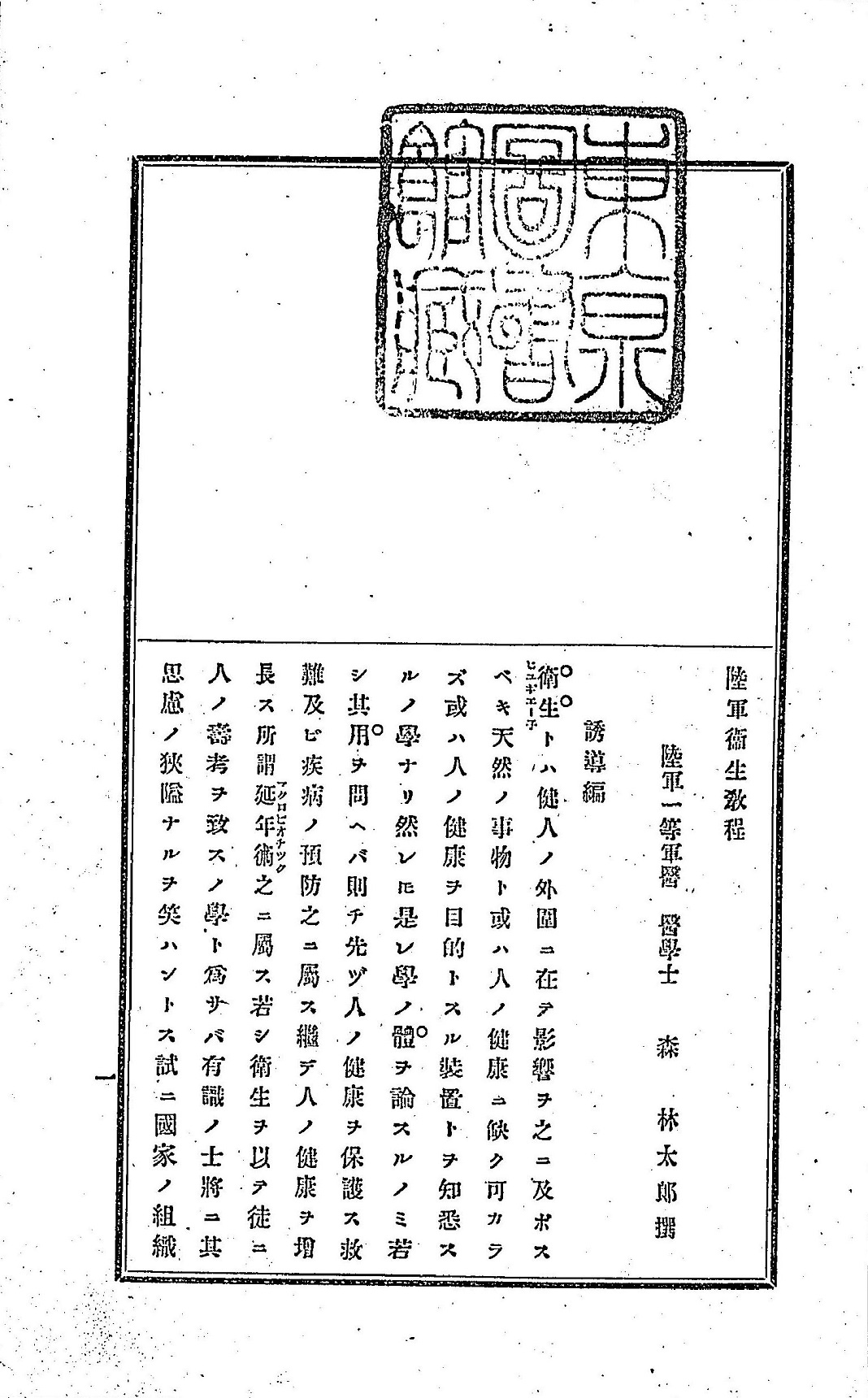
Rikugun eisei kyotei, Rikugun guni gakko, 1889【37-53】 Beginning of the text
Hygiene, a new concept from Europe and the United States, gradually penetrated and took root in daily life through the modernization policies of the Meiji government.

